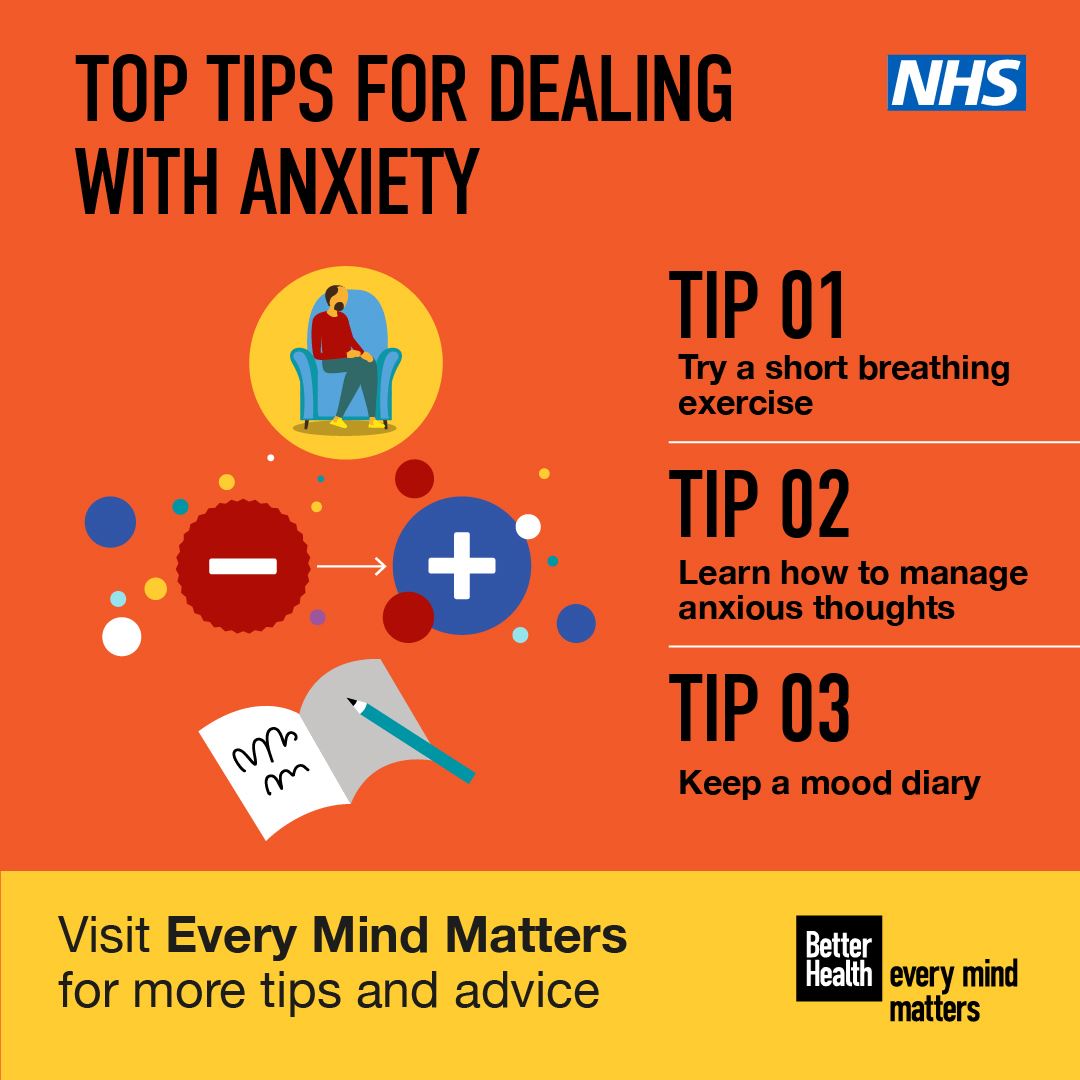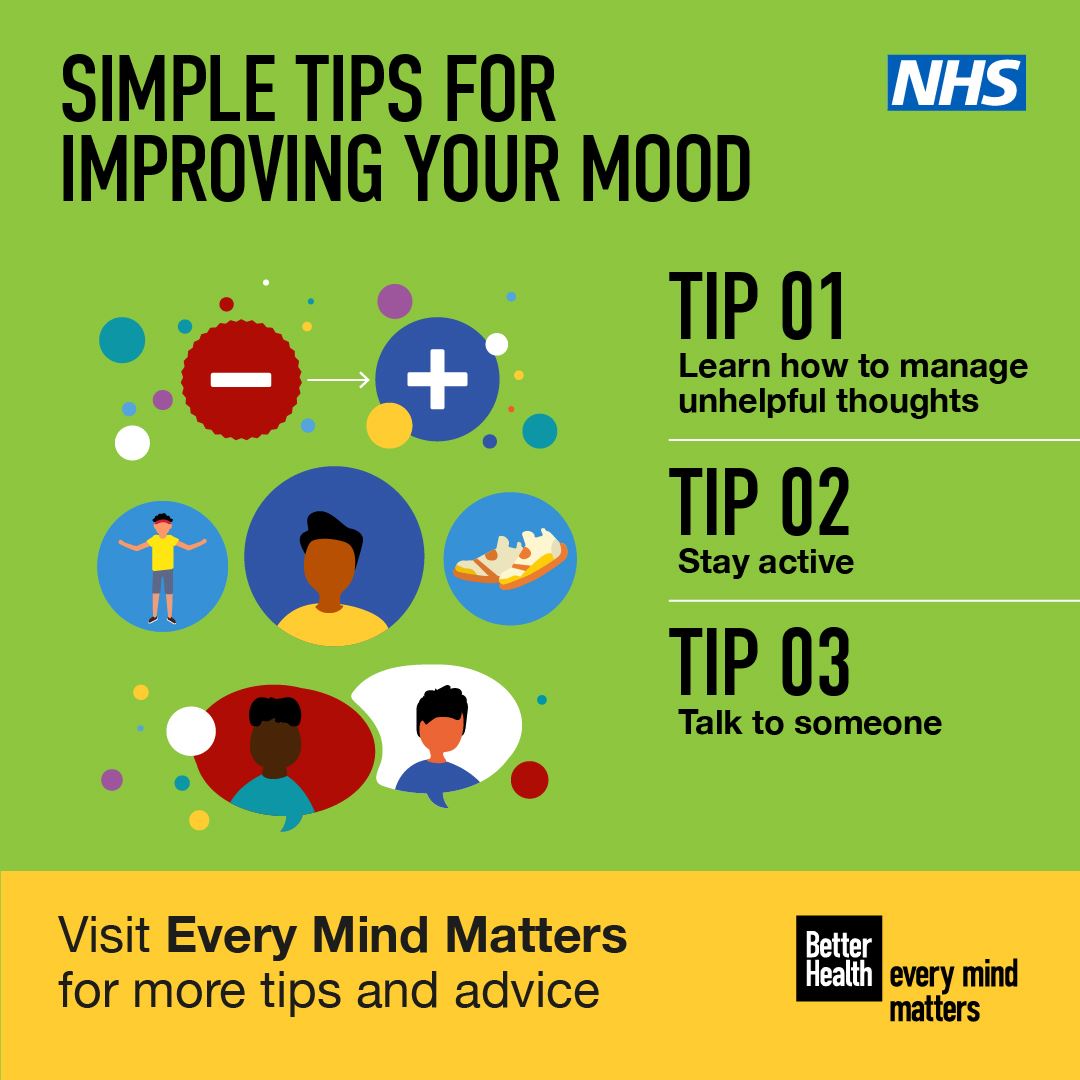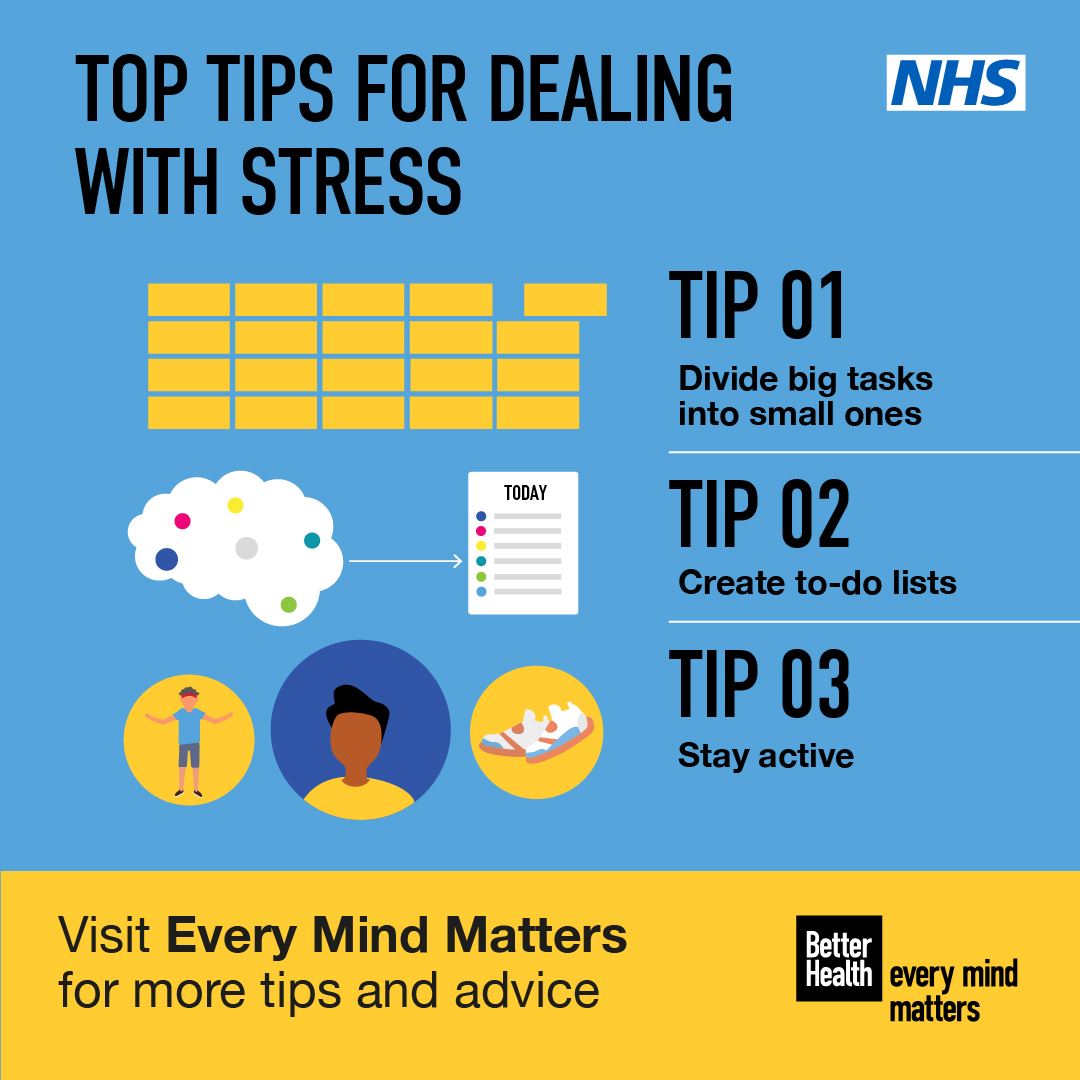LW mental health
NHS talking therapies
Find NHS talking therapies for anxiety and depression - NHS
NHS talking therapies for anxiety and depression are psychological treatments that may help if you:
- have persistent low mood
- often feel very anxious about lots of different things
- worry constantly about your health
- fear social situations
- have panic attacks
- have an overwhelming fear of something (phobias), including agoraphobia
- have obsessive compulsive disorder (OCD)
- have post-traumatic stress disorder (PTSD)
- have body dysmorphic disorder (BDD)
They may also help if you have anxiety or depression and a long term health condition, such as chronic fatigue syndrome (CFS) or irritable bowel syndrome (IBS).
If you're aged 17 or under, you can also find out about support through children and young people's mental health services.
What is loneliness?
Everyone's experiences of loneliness are different. It's very subjective and personal to us. You should not blame yourself for feeling lonely now or at any other time, and it's also really important to remember that loneliness and difficult feelings can pass. Some ways loneliness can be experienced are:
- emotional loneliness – a lack of emotional attachment to someone like a close friend or partner
- social loneliness – a lack of friends to go out with, or who share our hobbies or interests
- existential loneliness – a sense of being in a room of people you know and still feeling alone
Some people experience loneliness occasionally – perhaps only at certain times, like Sundays or Christmas – while others feel lonely all the time, which is sometimes called chronic loneliness.
Signs or symptoms of loneliness
We often talk about feelings of loneliness, such as feeling isolated or not feeling connected, but we can also have physical symptoms of loneliness and it can also affect our behaviour. For instance, you may:
- get nervous about or avoid going to social events
- change your daily routines, like stop cooking for yourself, caring about your appearance or getting up early
- find it difficult to get to sleep or stay asleep
If loneliness is very severe or lasts a long time, it might increase the risk of some physical conditions such as dementia and mental health conditions such as stress, anxiety, low mood or depression.
Dealing with loneliness
We're all affected by loneliness at times in our lives. We can feel lonely in a busy city or rural location, on social media or spending time on our own or with others. Try not to feel embarrassed or ashamed if you do.
Sometimes admitting we feel lonely can be hard. It’s important to remember that lots of people experience similar feelings of loneliness, and that they can pass.
Understanding our own reasons for feeling lonely can help identify and manage these feelings.
Click hereto find out about possible signs of loneliness, reasons we feel lonely and ways to manage it. There are also links to more support if you or someone else needs it.
Tips on dealing with loneliness
1. Keep in touch with people - Regular chats with friends and family can help to combat loneliness. Just talking to someone in that moment can really help when you feel alone – and help the person you contact. Try to do this regularly, as most of us love hearing from others. Being more sociable might also make it easier to reach out when you notice any signs of loneliness.
2. Join a group - Being part of a group or club is a great way to connect with and meet people. Look for groups to join in person or online that focus on things you like or activities you would like to try. If you're in a group, remember to always welcome others and involve them, as it can really help anyone who might be shy or lack confidence when meeting new people.
3. Do things you enjoy - Filling your time doing things you like might be a way to stop you from focusing on your loneliness, which can improve your wellbeing. Spending time outdoors in green spaces, exercise or sport, reading, and listening to podcasts and radio shows are great ways to boost your mood and occupy your mind.
4. Share your feelings - Talking more openly about how loneliness affects you can really help. Hearing a familiar voice or seeing a friendly face can also make us feel less isolated. Try not to compare yourself with others.
5. Connect with others or volunteer to help - Think about people you know who might be feeling lonely and try to connect with them. This might also make you feel less lonely too. If you pass someone you recognise, try smiling and saying hello. And if you start chatting, could you swap phone numbers or suggest joining or setting up a local group together? Getting to know people in your area can help with social isolation, especially when moving somewhere new. Arranging to meet new friends in a safe, public place for a walk outside, or inviting someone out for a cup of tea or coffee can be a great way to help lift each other out of loneliness. It might be harder for people who have been lonely for a while to be open to connecting, so give them time to respond to your friendly contact.
6. Invite someone along to activities near you - There are many free and low-cost activities you can take part in throughout the year. Invite someone to come along to explore hundreds of free and affordable events happening across the country. See what's on in your local area.
111 mental health
Call NHS 24 on 111 and choose the mental health option if you’re feeling distressed, in a state of despair, suicidal, or in need of emotional support. Once you’ve called, you’ll be connected to a team of psychological wellbeing practitioners (PWPs).
If you need help for a mental health crisis or emergency, you should get immediate expert advice and assessment. Where to get urgent help for mental health
Where to get urgent help for mental health
If you need help for a mental health crisis or emergency, you should get immediate expert advice and assessment.
It's important to know that support services are available for you to access, whatever you’re going through.
Urgent advice: Get advice from 111 if:
- You need urgent help for your mental health
Get help from 111 online or call 111 and select the mental health option.
Call 999 or go to A&E now if:
- someone's life is at risk – for example, they have seriously injured themselves or taken an overdose
- you do not feel you can keep yourself or someone else safe
A mental health emergency should be taken as seriously as a physical one. You will not be wasting anyone's time. Call: 999
Other ways to get help with your mental health
Free listening services -These services offer confidential support from trained volunteers. You can talk about anything that's troubling you, no matter how difficult:
- Call 116 123 to talk to Samaritans, or email: jo@samaritans.org for a reply within 24 hours
- Text "SHOUT" to 85258 to contact the Shout Crisis Text Line, or text "YM" if you're under 19
- If you're under 19, you can also call 0800 1111 to talk to Childline. The number will not appear on your phone bill.
These services will only share your information if they are very worried about you or think you are in immediate danger.
Coping during a crisis
The mental health charity Mind has information on ways to help yourself cope during a crisis. This includes calming exercises and a tool to get you through the next few hours.
How you can access routine NHS mental health services
Mental health services are free on the NHS. Your mental health is important and you should get help if you need it. Find NHS mental health services.
- Talk to your GP or Mental health practitoner. Talk to your GP or mental health practitioner to use some mental health services. This is known as a GP referral. Your GP/Mental health practitioner can also talk to you about your mental health and help introduce you to the right mental health service for your needs.
- Get help without talking to your GP - There are also some mental health services that you can use without talking to your GP first. This is known as self-referral. For example, you may be able to refer yourself for help with drug problems and alcohol problems. You can also use self-referral to access talking therapies. NHS talking therapies services
- Get help through your work -If your mental health problem is because of stress at work, your employer might be able to refer you to occupational health services. Find out more about how to be mentally healthy at work and where you can get support (Mind website).
- Get help from your school or college- If you're a child or young person, your school or college might be able to refer you directly to a specialist mental health service. Find out how to get mental health support if you are a child or young person.
For more information How to access mental health services - NHS.
Page created: 06 February 2024




